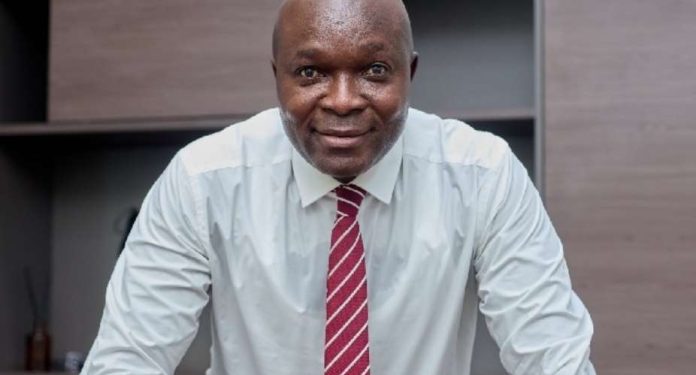Businessman and philanthropist Alhaji Seidu Agongo has issued a powerful call for the establishment of a national support system to care for the families of public servants who die in active service. His appeal comes in the wake of the recent tragic helicopter crash that claimed the lives of two government ministers and six others.
In a heartfelt Facebook post titled “National Loss, Personal Pain: The Families We Must Not Forget”, Alhaji Agongo urged the government and citizens of Ghana to move beyond ceremonial mourning and prioritize long-term welfare for the dependents left behind—particularly children, spouses, and other dependents.
“These are not just names on a list. They were fathers, husbands, breadwinners, and mentors,” Agongo wrote. “Their sudden absence has created lifelong emotional and financial voids that cannot be filled by condolences alone.”
The tragic crash, which occurred last Wednesday, claimed the lives of Dr. Edward Omane Boamah, Dr. Ibrahim Murtala Muhammed, Dr. Muniru Mohammed Limuna, Dr. Samuel Sarpong, Samuel Aboagye, Squadron Leader Peter Bafemi Anala, Flying Officer Twum Ampadu, and Sergeant Ernest Addo Mensah.
Agongo’s impassioned statement calls for a systemic shift in how Ghana supports the families of its fallen public servants.
He emphasized the need for education scholarships, housing assistance, mental health services, skills training for widows and widowers, and long-term financial security through pensions or insurance schemes.
“We cannot allow their families to suffer alone and in silence after the united, loud outpouring of grief,” he said. “They must not suffer the same abandonment that has befallen others.”
Citing past examples—including the families of the late Deputy Finance Minister John Kumah, President John Evans Atta Mills, and Major Maxwell Adam Mahama—Agongo highlighted the painful reality of forgotten families once the public mourning fades.
He referenced remarks made by the widow of John Kumah, who spoke out about feelings of betrayal and rejection from people they once trusted. “People we thought would be there — the way they turned their backs on us,” she said.
While some state initiatives have been launched in response to such tragedies—like the Major Mahama Trust Fund and the current mental health support for those affected by the recent crash—Agongo argues these efforts are often isolated and insufficient.
Alhaji Agongo called for a comprehensive national framework to institutionalize the welfare of all public servants who die while serving the country—not just high-profile individuals.”Every police officer, soldier, teacher, healthcare worker, or civil servant who dies in service leaves behind people who depended on them. Their sacrifice to the nation should be honored not just with words, but with concrete, lasting support,” he said.
He also stressed the importance of collective responsibility, reminding Ghanaians that “the test of our humanity is not in how we treat people when we need them, but how we care for their families when they can no longer benefit us.”
As the nation continues to mourn, Agongo urged prompt action to protect and support grieving families, warning that the opportunity for meaningful change is fleeting.
“The time for action is now, while our grief is fresh and our commitment is strong. Tomorrow may be too late.”
Alhaji Seidu Agongo, known for his philanthropic efforts and social advocacy, concluded by asserting that caring for the families of fallen public servants is not an act of charity but a moral obligation and a measure of the country’s character.









